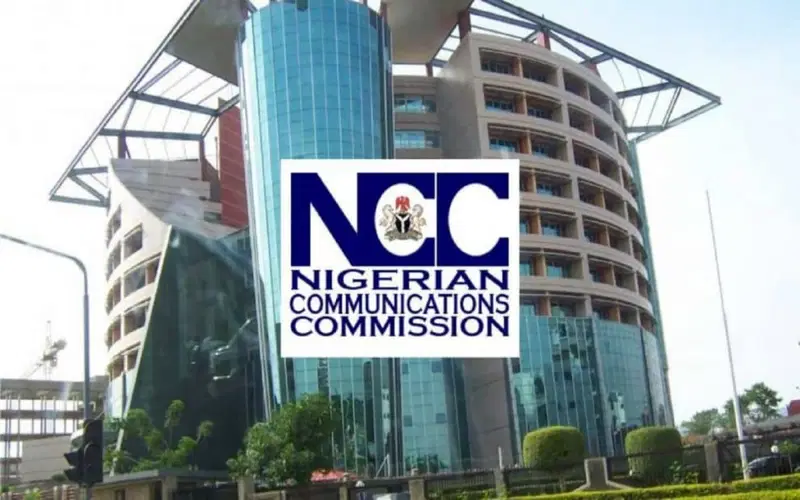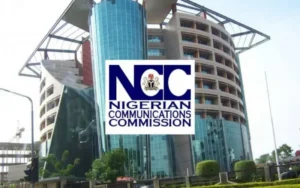GTBank’s infractions extend beyond Nigeria, as the bank has also faced fines in Ghana and Rwanda for similar violations of foreign exchange operational guidelines. In Ghana, penalties amounted to an equivalent of N1.297 billion, while in Rwanda, GTCO received a fine of N560,000 for non-compliance with prohibited bank fees set by the regulator, in addition to a N311,000 fine for failing to adhere to the exchange rates applied by commercial banks. This international scrutiny raises significant questions about the bank’s compliance culture and operational integrity across borders.
- Guaranty Trust Bank (GTBank) has been fined N188.25 million by the Central Bank of Nigeria (CBN) for foreign exchange violations.
- The penalty results from infractions identified during the CBN’s 2023 Foreign Exchange Examination and issues highlighted in the 2024 Mystery Shopping Exercise.
- This crackdown is part of a broader regulatory effort, with ten banks in Nigeria sanctioned for breaching foreign exchange guidelines and compliance issues.
- Total fines imposed on these institutions have reached N1.502 billion in the first half of 2024.
- Other penalized banks include Access Bank, Zenith Bank, and First City Monument Bank, with Zenith Bank facing the largest penalty of N427 million, followed by Access Bank at N300 million. UBA and Stanbic IBTC were fined N279 million and N229 million, respectively.
GTBank’s issues indeed highlight significant concerns regarding compliance and operational integrity across borders. The fines in Ghana and Rwanda, particularly the substantial amount in Ghana, raise serious questions about the bank’s adherence to foreign exchange guidelines. The call for a forensic audit by civil society organizations, especially from figures like Alhaji Yusuf Kabir, underscores the need for transparency in financial operations. It’s crucial that institutions maintain trust, especially in light of their historic profits.The CBN’s commitment to conducting regular stress tests is a positive step towards identifying vulnerabilities and ensuring the stability of Nigeria’s financial system. These regulatory actions serve as a critical reminder that compliance is essential for all banks operating in the region.
With GTBank now under increased scrutiny and facing substantial financial penalties, the pressing question is whether the bank can regain the confidence of its stakeholders while effectively managing the complexities of regulatory compliance. The forthcoming days, months, and years will be pivotal as GTBank and its counterparts strive to tackle the challenges presented by regulatory authorities, alongside the public’s growing demand for enhanced transparency and accountability in their operations. The ability to navigate these turbulent waters will be essential for the bank’s future stability and reputation in the financial sector.




















